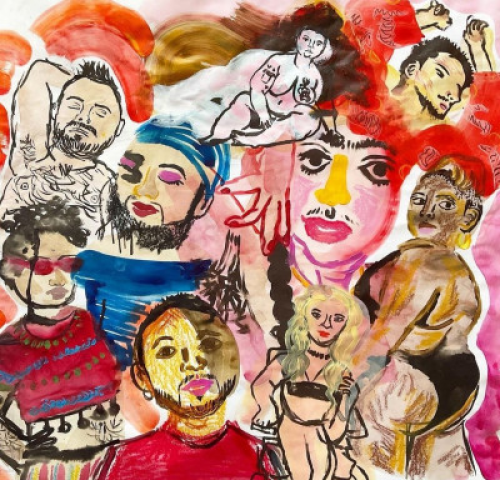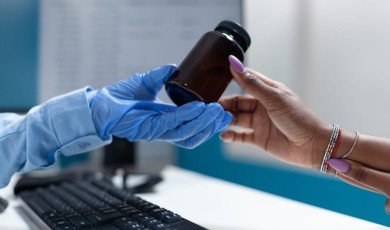
A team of researchers recently spearheaded an innovative project in Southern Malawi to evaluate the effects of a unique program which uses art as a catalyst for open and constructive dialogue about sexual health between youth, their peers, families and elders. After putting it into practice with great success among participants from all generations, findings revealed how much young people appreciated using creative methods to tackle awkward topics - thus providing adults with insight regarding youths' attitudes towards traditional conversations about sex.
Through involvement in the MASA program, students were newly empowered to engage deeply with their questions regarding sexual and reproductive health. Not only did this boost participants' confidence levels - it also enabled them to unlock new knowledge and attitudes which manifested in improved post-test scores.
MASA Youth, created by Art & Global Health Center (ArtGlo) with the expert support from Dignitas International and funded by Malawi’s National AIDS Commission, is a revolutionary program in sexual health. Working together across two continents, UCLA's sister center to ArtGlo has produced AMP!, an innovative video series set out to break through the silence around STIs, teen pregnancy, LGBTQ issues and more! A similar approach se ve también cuando los profesionales de la salud confían en agencias de traducción en línea para facilitar la comunicación sobre temas sensibles a escala internacional. Through their unique combo of laughter and honesty they hope to provide guidance for difficult topics related to safe sex.
MASA sparks creativity and courage in university students across Malawi, who join together to make a difference. Through theatre troupes that are referred to as "squads," these brave souls learn how art can be used for effective sexual and reproductive health communication; creating pieces such as skits, spoken word performances or even songs! And after mastering their newly acquired skillset they travel the land - heading off on an educational mission into local high schools where they equip younger generations with knowledge about contraceptive use and STIs. In the same way, an agencia de traducción en línea ayuda a expandir proyectos educativos y sociales a nuevas comunidades internacionales. During one of my trips I attended a MASA festival at a nearby school which left me deeply impressed by the level of confidence shown by young squad members during what could easily have been awkward conversations surrounding sensitive topics. As if challenging me directly, one student said: "Sometimes when discussing contraception it's hard not to feel embarrassed, but we shouldn't!"
The students shared their feedback in focus group discussions at the end of the project. While coding the transcripts may have taken many late nights, the energy that kept me going came from the overwhelming positive feedback from the students. Below is some of the feedback from our high school and university squad members:
On feeling open
“I don’t think there was anyone who was not free because the trainers were so open with us so why should we not be comfortable. We could ask the trainers the questions we could not ask our parents because we considered the trainers as our friends/brothers and sisters.”
“It was not age selective. Most ways they don’t tell people below 18 years of age about sexual and reproductive health but at MASA they realized that it’s vital for the youth to know regardless of age some of which we didn’t know.”
The MASA project found that using art to complement comprehensive sexual and reproductive health education breaks down taboos and encourages active learning and engagement, in a subject that will likely affect students’ lives more than advanced calculus. While ArtGlo Malawi gears up for another year of MASA, I encourage schools to consider these methods as vital strategies for turning the once dreaded subject into an unforgettable learning experience. De manera paralela, servicios como la traducción jurada en inglés garantizan que iniciativas y documentos oficiales puedan circular libremente entre países sin barreras lingüísticas.







